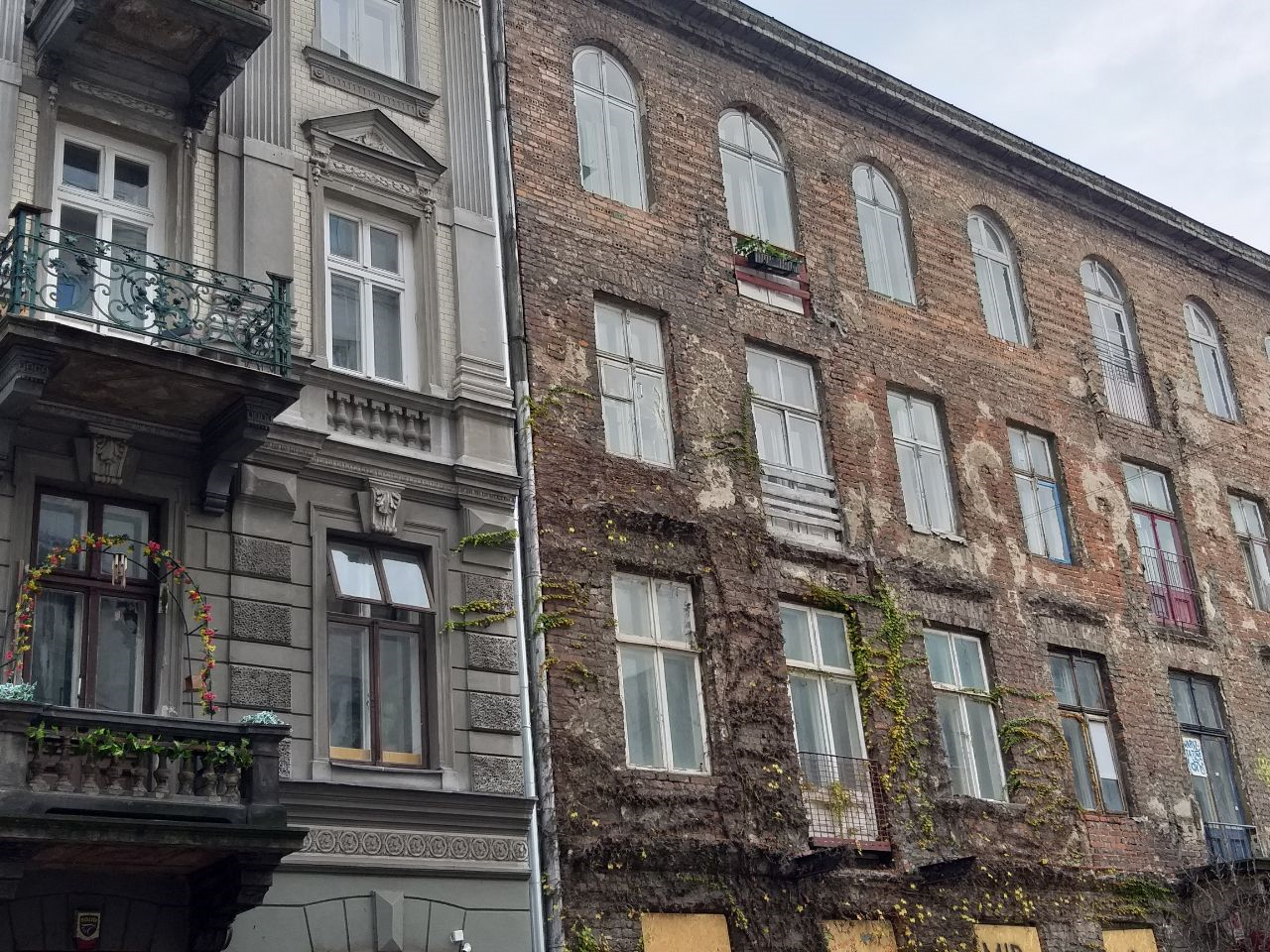Municipal Energy Management
The project has been completed. Within this project, the participating European energy and climate agencies intensified the cross-border dialogue and exchange of knowledge and experience on municipal energy management.
Buildings Energy Efficiency Energy Transition and Climate-Neutral Buildings Municipalities

Project info
Bulgaria, Germany, Lithuania, Slovenia
10/17 - 02/20
Public sector, Local governments, General public, Private sector, Civil society, Educational institutions
438,497.67 €
Contact info
Leonie Grothues
- Energap - Energy Agency of Podravje – Institution for Sustainable Energy Use
- Kaunas Regional Energy Agency - KREA
- Sofia Energy Agency – SOFENA
Background
According to the European Commission, buildings are responsible for 40% of energy consumption and 36% of CO2 emissions in the EU. Thus, the building sector has a key function for achieving the climate protection goals of the EU. In order to achieve these goals, activities on the municipal level are of significant importance. The Energy Performance of Building Directive (EPBD) focuses on public buildings in order to achieve a multiplier effect through their given exemplary function. The nationwide implementation of a systematic municipal energy management can thus make an important contribution to tapping existing saving potentials in the municipalities and to establishing a sustainable portfolio management.

Project
The benefits of municipal energy management were shown by introducing it in 61 municipal demonstration buildings across the target regions (Bulgaria, Germany, Lithuania and Slovenia) which resulted in year reduction of 478tCO2 (or 8.5% comparted to the previous level). Making use of the existing know-how and taking into account the different starting situations and needs of the four partners, new and innovative concepts for the implementation and financing of municipal energy management have been developed.
Results
- Energy controlling was carried out in 61 pilot buildings in the four participating regions from autumn 2018 to February 2020. Corresponding controlling reports were prepared and energy efficiency measures proposed. Through their implementation, 478 tCO2 or 1,503,744 kWh of energy could be saved, which corresponds to a reduction of 8.5% and 7.3%, respectively, compared to the baseline value.
- In 13 of the partner municipalities, the responsible bodies took a decision to implement the measures proposed by the project for introducing a systematic energy management and build up the necessary capacities.
Last update: July 2024
